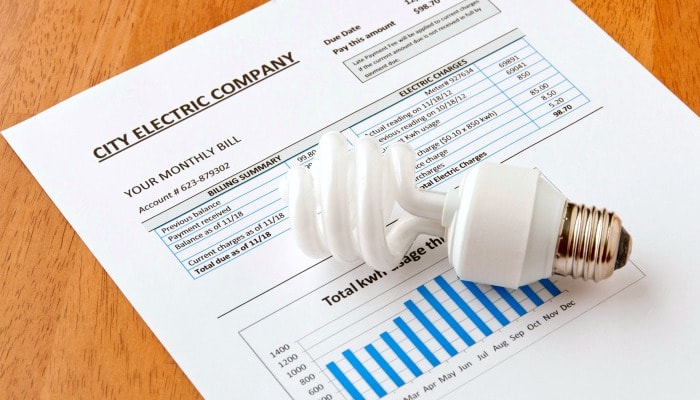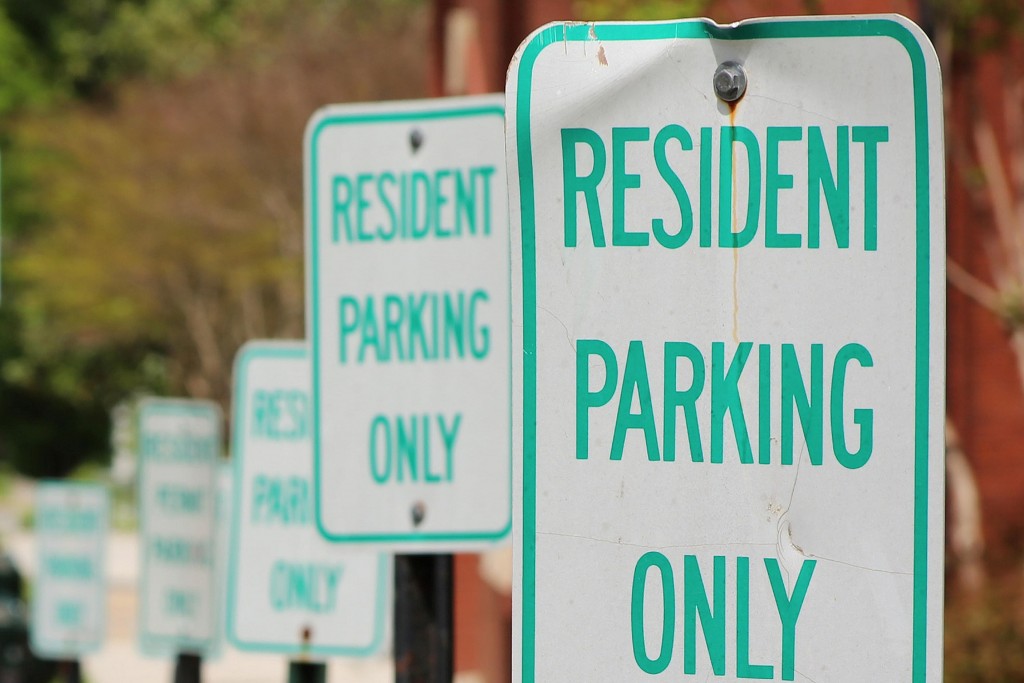
Entering into a lease agreement with a tenant is not something to take lightly.
Lease agreements are legally binding contracts, holding both tenant and landlord to any and all conditions of tenancy once signed, so as long as they do not conflict with any state or local laws.
As a landlord, it is your responsibility to make sure all conditions are expressly stated within the agreement to prevent future conflict.
One way to keep your Prince George County tenants happy is to stay proactive when it comes to creating the lease agreement.
Answering all potential questions a tenant may have in the actual agreement itself and before the tenant asks will help you avoid possible trouble in the future.
Let’s take a look at 10 of the most common questions a tenant may have before signing a lease agreement to rent your home that you could easily have your Prince George County property management team address in the agreement presented to the tenant.
Frequently Asked Questions by Tenants
-
How is rent paid?
Every property management group employs different policies regarding rent collection.
It is important that your tenants understand the process behind paying their monthly rent so that you do not miss out on that regular flow of cash.
Here are some ideas for clarifying the rent collection process in your lease agreements:
- Calculate the first month’s pro-rated rental rate should the tenant move in mid-month.
- Determine if you will allow a grace period.
- Explain the late rent policy and understand that your lease agreement may NOT provide for a penalty for the late payment of rent in excess of 5% of the amount of rent due for the rental period for which the payment was delinquent.
- Provide different methods for rent payment so tenants know their available options.
- Outline the consequences for not paying rent.
-
What utilities are tenants responsible for?
Oftentimes some utility bill coverage will be made available to tenants as an incentive or special bonus for renting a particular home, though this is not always the case.
Make it clear to the tenant from the start which utilities are their responsibility. Some common utilities that may be covered by the landlord include:
- Heat (electric, gas, oil)
- Water/sewer/trash
- Garbage collection
- Parking permits
- Cable and/or internet connections

-
Is renter’s insurance required?
Not all rental properties require tenants to have renters insurance in place in order to rent a home. However, this is something to be taken into consideration as renters insurance is usually largely undervalued.
Underestimating the importance of renters insurance and not requiring your tenants to have some can place a large burden on you and become very costly should anything happen to the home or people within the home.
Think this decision through and decide if this is a requirement you will include in your lease agreement.
-
What if I want to break my lease?
No landlord wants their tenant to break a lease. Early terminations are a hassle to deal with whether they are for good cause or not.
It is best to outline the early termination process to your tenant from the start of the lease, including all consequences that may follow a broken lease agreement.
Here are some key things to include in this clause of the contract:
- The notice required to vacate the property (including time-frame and form the notice must be given in).
- Charges associated with early termination.
- The cancellation process should you choose to allow certain instances of early lease termination.
-
What are the rules regarding changes to the living space?
People renting properties want to feel comfortable. This means that they will want to decorate your house with their personal items to make the place feel like home.
It is crucial your lease agreement state which changes to the home, whether interior or exterior, require approval beforehand. More so, beyond normal wear and tear, it must be made clear what your tenant will financially be responsible for upon moving out.
Be careful not to wrongfully use your tenant’s security deposit and know the legal move out process to avoid excess fees.
-
What are the parking rules?
Some neighborhoods or high traffic living areas have specific parking rules that must be adhered to. It is important your tenant understand the rules to avoid any unnecessary fines or towing expenses.
If this applies to the rental properties you rent out, think about including the following information in your lease agreement:
- Explain how many parking spaces per home are provided (should your neighborhood have designated parking).
- Give your tenant the parking permits required if applicable.
- Include what the process is behind someone illegally parking in your tenant’s designated parking space.
- Get information on all vehicles your tenant owns for identification purposes.
- Provide visitor passes if required and make sure your tenant understands the vehicle limits if there are any.

-
How do I submit a maintenance request?
Try as they might, landlords cannot avoid maintenance issues altogether.
Although many maintenance problems can be prevented through quality upkeep of your rental property and by using a solid property management group, at one point or another your tenant will have a maintenance request.
The goal is to make sure the tenant knows exactly what to do when a maintenance issue arises. In order to avoid a headache for everyone involved, check out this information you should provide your tenant upon move in:
- Outline who is to be contacted during and after office hours for both minor repairs and emergency situations. Make sure to include names and contact information.
- Make a list of on-site maintenance staff to contact if applicable.
- Give the tenant options for putting in a request (if available) such as online requests, phone requests, paperwork to fill out, etc.
- If any maintenance requests are not to be covered by the landlord (such as specific appliances or lightbulb replacements), state that clearly in the lease agreement to avoid confusion later on.
-
Are there any extra costs I am responsible for besides rent?
It is easy to assume that all neighborhood amenities are included in the price of rent but this is not always the case. For instance there may be HOA fees the tenant will be liable for paying.
In addition, the community gym, parking spaces, external storage access, and even laundry services may not be included and the tenant needs to be made aware of these stipulations before signing the lease.
-
What is the inspection process like?
Sometimes your property management group needs to inspect your rental property. Whether for a specific purpose or just as a general checkup, there are rules regarding entry to your tenant’s home.
Make the tenant feel at ease by summarizing the inspection process. Include things such as:
- The type of advance notice that will be given before entry into the property. Make sure to follow the rules to a lawful entry to avoid trespassing charges.
- How you will show your property to prospective tenants if the current tenant will not be renewing the lease.
- The rules regarding maintenance staff entering the premises while the tenant is away from the property.
-
What is your pet policy?
Allowing pets into your rental home is a personal decision that must be weighed carefully. It is your job to make that decision and inform your tenant accordingly.
If you are allowing pets make sure they know what deposit is required, if any, what type of animals are allowed and if there are any restricted breeds, how many pets are allowed in the home, and what kind of paperwork on each animal you require.
Further, make sure tenants are aware of any penalties that may be incurred should an unapproved pet be found in the rental.

Final Thoughts
Renting your Prince George County home, whether in Bowie, Laurel, or even Takoma Park, is a lot to handle. However, it is important to place extra emphasis on the lease agreement as that is the foundation beneath your rental property venture.
Consider investing in the best Prince George County property management group there is.
With extensive experience in drafting fully compliant and thorough lease agreements, all of the above potential tenant questions (and more) are sure to be addressed within the agreement itself.
There will be no confusion regarding responsibilities and both landlord and tenant will enter the lease agreement fully understanding what is to be expected.
